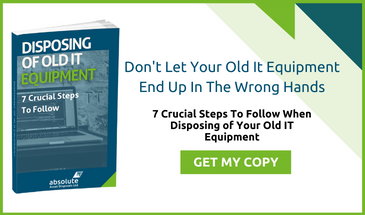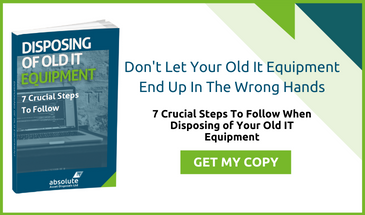
Each of the UK’s 3.5 million registered businesses handle and file thousands of business documents each year. Looking at your own company, you are most likely aware of just how much room these filed documents occupy. But you should also know that not all of these documents need to be kept. In fact, keeping unneeded documents can actually place your company on the wrong side of the law, as well as compromise company data security. This article will help you manage your documents more effectively.
The Data Protection Act
Compliance with the law involves following the Data Protection Act (1998), which states that any personal data processed for any purpose should not be kept for longer than necessary. However, each document type has a different period of retention. For example, insurance records need to be permanently retained, while VAT records can be disposed of after a period of six years. If your company is storing a large number of various documents, it is very likely that some are being kept longer than they should be.
What to Keep Indefinitely
There are some documents which you are legally required to keep and should never destroy. These are any documents containing core company information. Detailed records such as those relating to shareholders and directors should be kept, along with any documents pertaining to decisions made and votes held. Loan repayment schedules and related documents should also be kept. The same is true of documents pertaining to the purchase and sale of company shares, loans and mortgages.
What to Keep Temporarily
Certain documents are only legally required to be kept until a certain date. Service, customer and supplier agreements are all important to hang onto for the life of the contract, as you may need to refer to them during the course of your communications with the involved parties. However, these documents will all have end dates. As such, they should be destroyed when they reach termination; not with company shredders, but with a professional IT asset disposal company like Absolute IT, who can ensure the security of your documents from pick-up to disposal. Learn more about data disposal with this article - Are You Making These Common Data Disposal Errors?
Proof of Deductible Expense
Any receipts that have been reconciled with your company’s accounts or bank statements that have an accompanying statement for end of year can be safely shredded monthly or yearly. However, any receipts showing proof of deductible expense should be kept.
Other miscellaneous documents can be shredded as soon as they are no longer useful. These include meeting notes, documents printed for review at meetings, estimates and the like. If you are unsure about what to send for shredding, consider whether it is related to your business and whether it might be necessary to keep for future reference. If the answer to both is ‘no’, then it’s time to call a company like Absolute IT to help you dispose of it.
Our Secure Office Boxes allow you to store all of your unneeded documents until they are ready to be destroyed. Simply call us when your box is full, and we will arrange for secure and complete document destruction on site.












